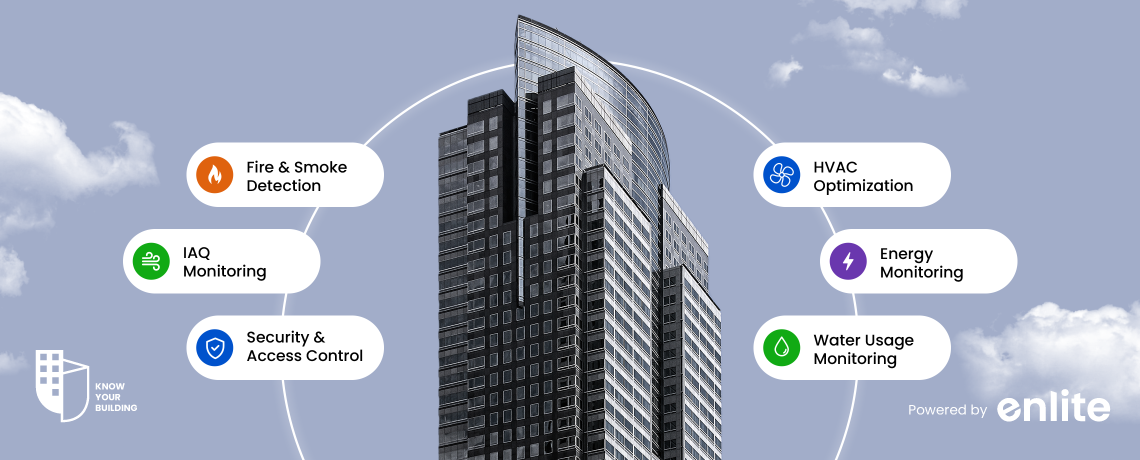The latest advancements in Building Management Systems (BMS) technology are driving significant improvements in sustainability. Innovative technologies such as IoT sensors and AI-driven analytics are at the forefront of these advancements, providing new ways to optimize resource use and enhance efficiency. IoT sensors integrated with BMS offer real-time monitoring and control of building systems, enabling precise adjustments to lighting, HVAC, and water management. This leads to significant energy and water savings. Data from buildings using IoT-enabled BMS show energy consumption reductions of up to 25%. These sensors provide continuous feedback, allowing the BMS to make informed decisions that enhance overall efficiency and sustainability.
AI-driven analytics further enhance the capabilities of BMS by providing predictive maintenance and operational insights. These analytics help identify inefficiencies and optimize system performance, resulting in improved energy efficiency and reduced operational costs. For example, buildings using AI-driven BMS have reported up to 20% improvements in operational efficiency. By leveraging AI, BMS can predict when maintenance is needed, preventing costly breakdowns and extending the lifespan of building equipment. This proactive approach not only reduces maintenance costs but also ensures that the building operates at peak efficiency, contributing to overall sustainability goals.
Case studies of buildings using these innovative technologies highlight their impact on sustainability. These buildings have achieved substantial energy savings and operational improvements, demonstrating the effectiveness of IoT and AI in promoting sustainability. For instance, a commercial office building that integrated IoT sensors and AI-driven analytics reported a 30% reduction in energy consumption and a 15% decrease in maintenance costs. These results showcase the potential of advanced BMS technologies to drive significant improvements in resource use and operational efficiency. In conclusion, the latest BMS technologies, including IoT sensors and AI-driven analytics, are driving significant advancements in sustainability by optimizing resource use and enhancing operational efficiency.
Embrace the future of sustainability with our cloud-native building management solutions. Our innovative products utilize IoT sensors and AI-driven analytics to optimize resource use and enhance efficiency. Contact us today to learn more about how we can help you achieve your sustainability goals.














